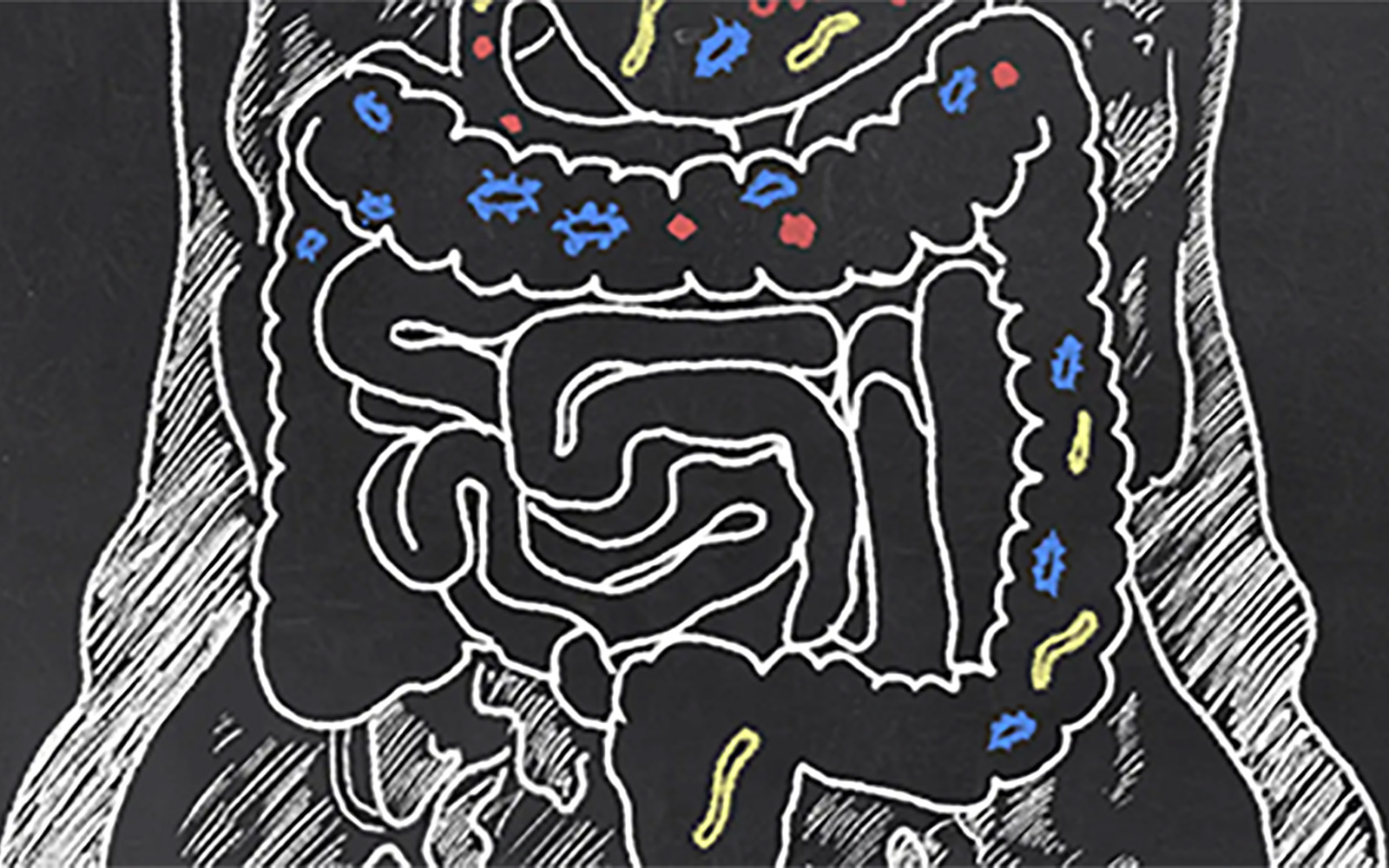The Scientist: The protective role of gut microbiota against infection

Recent studies reveal that gut bacteria might have a significant role in preventing and fighting infection. The Scientist Magazine brought together the most recent findings on this topic and highlighted the work developed at the IGC in the last few years.
Scientists from different European institutions have recently shown that some commensal bacteria are able to protect their host against pathogens, such as Vibrio coleraea and Salmonella, through the production of toxic compounds or direct competition for resources.
The Scientist Magazine highlighted the research conducted by Karina Xavier, molecular biologist and principal investigator at the Instituto Gulbenkian de Ciência (IGC), in this article. According to the researcher, this new data provides “an explanation for why different people have different susceptibilities” to infection, according to the composition and diversity of their microbiota.
These studies support previous results from Karina Xavier’s group, who reported that the commensal Klebsiella michiganensis provides colonization resistance against some pathogenic bacteria, given its greater ability to consume nutrients.
This protective role of bacteria could be applied to develop new probiotics to avoid infection.
